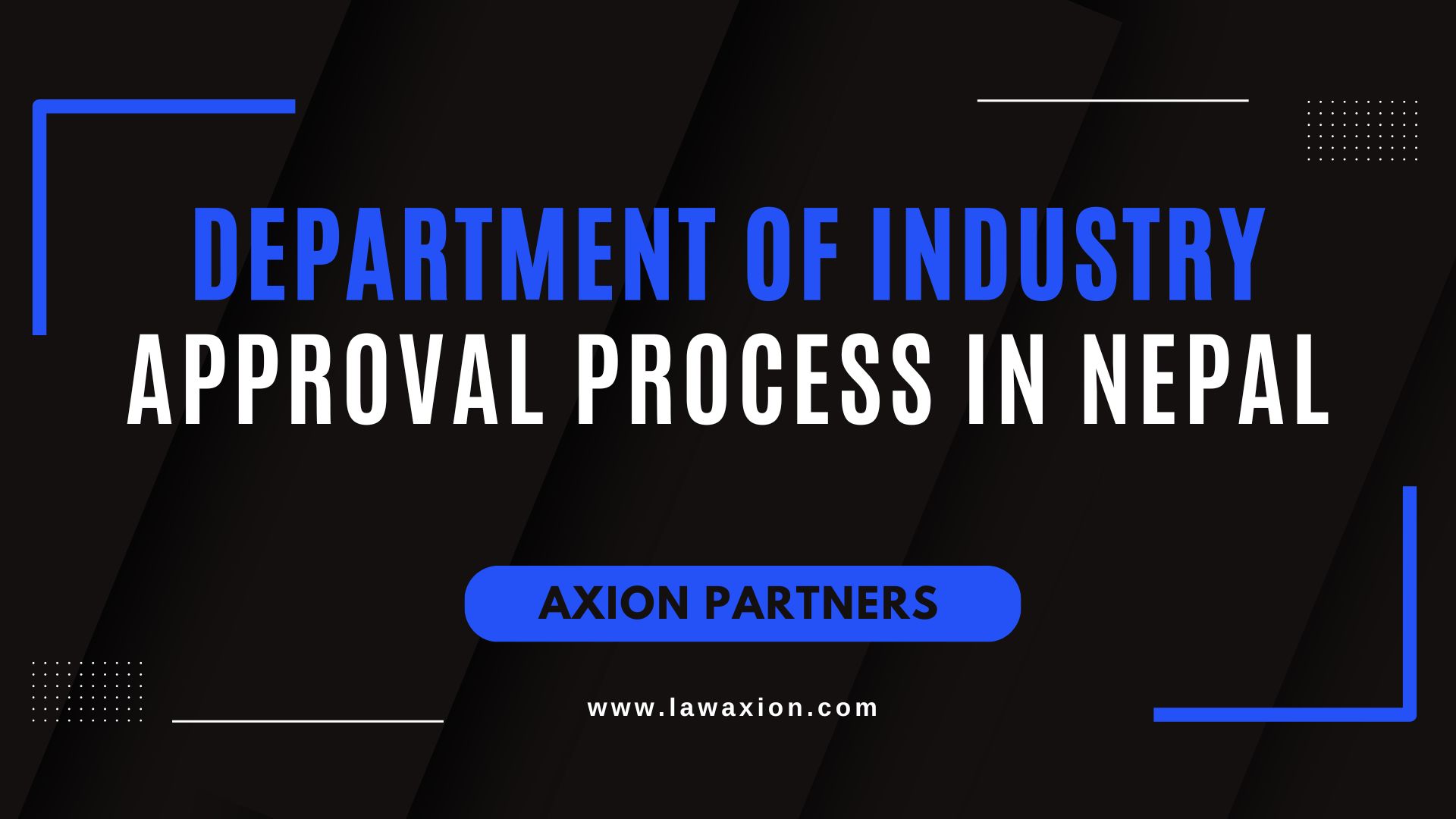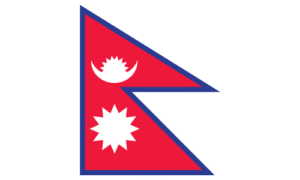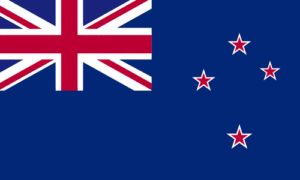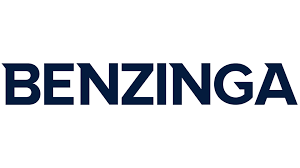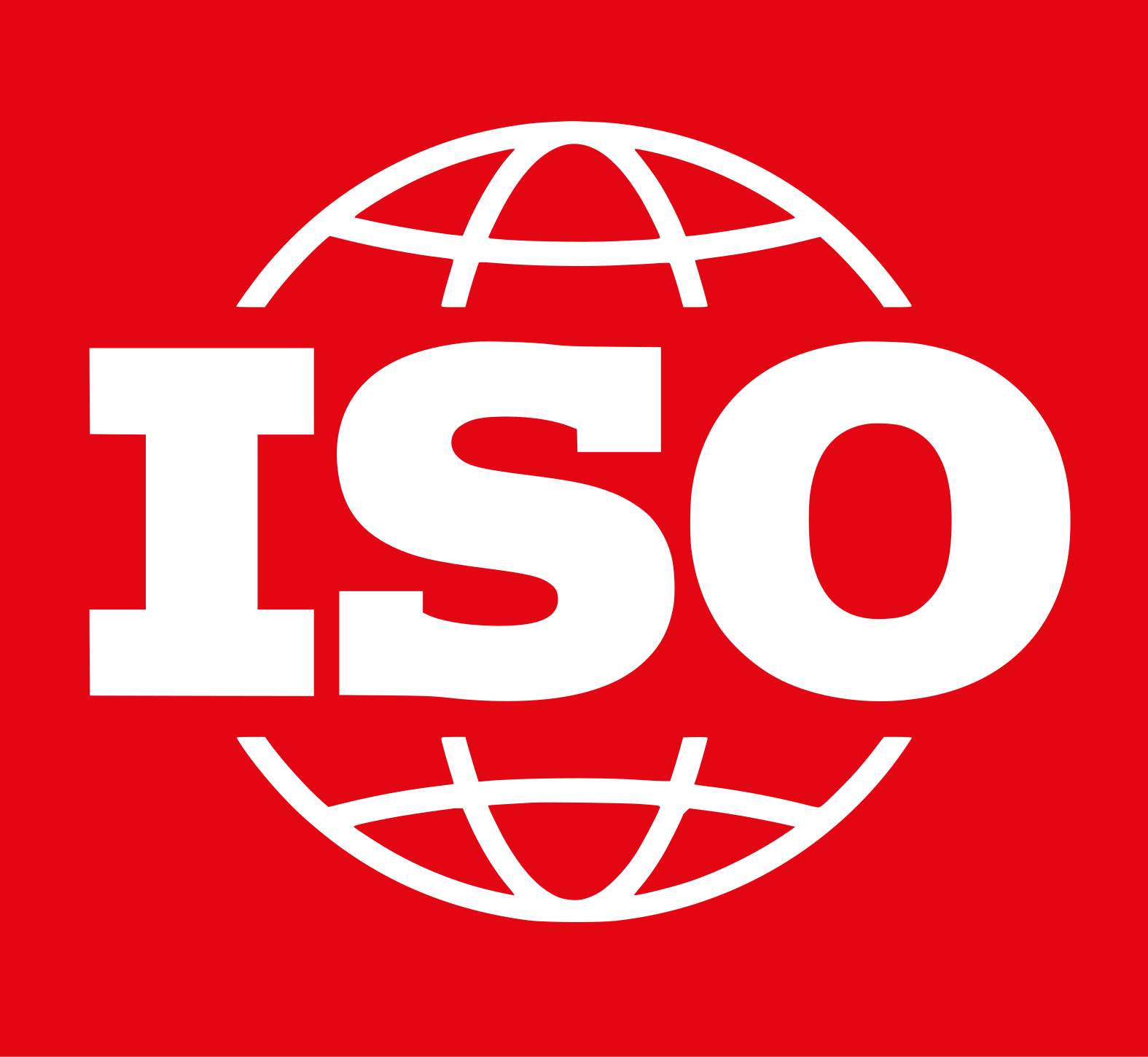Table of Contents
- 1 2. Documentation Process for Industry Department Registration Process
- 2 3. Essential Requirements for Industry Department Approval Process
- 3 4. Step by Step Industry Application Guidelines Process
- 4 5. Legal Framework for Industry Department Approval Process
- 5 6. Cost Structure for Industry Department Registration Process
- 6 7. Timeline Requirements for Industry Department Process Nepal
- 7 8. Government Authority Guidelines for Industry Approval Process
- 8 9. Verification Process for Industry Department Documents Nepal
- 9 10. Compliance Requirements for Industry Department Registration Process
- 10 11. Professional Services for Industry Department Approval Process
- 11 12. Renewal Process for Industry Department License Nepal
- 12 13. Quality Standards for Industry Department Compliance Process
The Department of Industry (DOI) in Nepal plays a crucial role in regulating and promoting industrial development in the country. Obtaining approval from the DOI is a mandatory step for establishing and operating industries in Nepal. This process ensures that businesses comply with national regulations and contribute to the country’s economic growth.
The Industrial Enterprises Act 2076 (2020) forms the primary legal framework governing industrial operations in Nepal. This act categorizes industries into micro, cottage, small, medium, and large-scale enterprises based on fixed capital, turnover, and energy consumption. Understanding these classifications is essential as they determine the specific approval requirements and processes.
Key aspects of the DOI approval process include:
- Registration of the industry
- Environmental impact assessment
- Foreign investment approval (if applicable)
- Land acquisition and construction permits
- Labor and employment compliance
Navigating the DOI approval process requires a thorough understanding of Nepal’s industrial policies, legal requirements, and administrative procedures. This comprehensive guide aims to provide clarity on the various aspects of obtaining DOI approval in Nepal.
2. Documentation Process for Industry Department Registration Process
The documentation process for industry registration with the Department of Industry in Nepal is a critical step that requires careful attention to detail. The following documents are typically required:
- Application form: A completed and signed application form specific to the type of industry.
- Company registration certificate: Issued by the Office of Company Registrar.
- Memorandum and Articles of Association: These documents outline the company’s purpose and internal rules.
- PAN (Permanent Account Number) certificate: Obtained from the Inland Revenue Department.
- Environmental Impact Assessment (EIA) or Initial Environmental Examination (IEE) report: Required for industries that may have environmental impacts.
- Land ownership documents or lease agreement: Proving the right to use the proposed industrial location.
- Project report: Detailing the proposed industry’s technical and financial aspects.
- Citizenship certificates of promoters: For Nepali nationals.
- Passport copies: For foreign investors, along with visa documentation.
- Joint venture agreement: If applicable, for industries with foreign investment.
It’s crucial to ensure all documents are current, properly notarized, and translated into Nepali if originally in another language. The Industrial Enterprises Act 2076 (2020) and the Foreign Investment and Technology Transfer Act 2075 (2019) provide the legal basis for these documentation requirements.
3. Essential Requirements for Industry Department Approval Process
To obtain approval from the Department of Industry in Nepal, several essential requirements must be met:
- Minimum capital investment: The required amount varies based on the industry classification. For example, small industries must have fixed capital between NPR 10 million to 150 million.
- Environmental compliance: Industries must adhere to environmental standards set by the Environment Protection Act 2076 (2019).
- Location requirements: Industries must be situated in appropriate zones as per local zoning laws and the Industrial Enterprises Act 2076 (2020).
- Foreign investment limits: Certain sectors have restrictions on foreign investment percentages, as outlined in the Foreign Investment and Technology Transfer Act 2075 (2019).
- Management structure: A clear organizational structure with defined roles and responsibilities must be presented.
- Technical feasibility: The project must demonstrate technical viability and adherence to Nepali standards.
- Financial viability: A sound financial plan showing the project’s sustainability is required.
- Employment generation: The industry should contribute to local employment, with specific quotas for Nepali nationals in certain positions.
- Corporate Social Responsibility (CSR): Large industries are required to allocate a portion of their profits for CSR activities.
- Intellectual Property Rights (IPR) compliance: Industries must respect and not infringe upon existing IPRs.
Meeting these requirements is crucial for a smooth approval process and ensures that the industry aligns with Nepal’s development goals and regulatory framework.
4. Step by Step Industry Application Guidelines Process
The application process for industry approval in Nepal follows a structured approach:
- Preliminary Research:
- Study the Industrial Enterprises Act 2076 (2020)
- Identify industry classification and specific requirements
- Consult with DOI or legal experts for clarity
- Document Preparation:
- Gather all required documents as per DOI checklist
- Prepare a comprehensive project report
- Obtain necessary clearances (e.g., environmental, local authority)
- Application Submission:
- Fill out the appropriate application form
- Submit the completed form along with all required documents to DOI
- Pay the applicable registration fees
- Application Review:
- DOI officials review the submitted documents
- They may request additional information or clarifications
- Site Inspection:
- DOI may conduct a site visit to verify the proposed location
- Ensure compliance with zoning and environmental regulations
- Approval Decision:
- DOI board reviews the application and makes a decision
- Approval, conditional approval, or rejection is communicated
Following these steps diligently can help ensure a smoother approval process. It’s important to maintain open communication with the DOI throughout the process and respond promptly to any queries or requests for additional information.
Read More
- Department of Customs Approval Process in Nepal
- Brand Registration Process in Nepal: A Complete Guide
- Corporate Governance in Nepal
5. Legal Framework for Industry Department Approval Process
The legal framework governing the industry approval process in Nepal is primarily based on the following laws and regulations:
- Industrial Enterprises Act 2076 (2020): This act provides the overarching framework for industrial regulation in Nepal. It defines industry categories, registration procedures, and operational guidelines.
- Foreign Investment and Technology Transfer Act 2075 (2019): This legislation governs foreign investment in Nepali industries, outlining approval processes and investment limits.
- Environment Protection Act 2076 (2019): This act mandates environmental impact assessments and sets standards for environmental compliance in industrial operations.
- Labor Act 2074 (2017): This law outlines labor regulations that industries must comply with, including working conditions and employee rights.
- Companies Act 2063 (2006): This act governs the formation and operation of companies in Nepal, including those in the industrial sector.
- Nepal Rastra Bank Act 2058 (2002): This act is relevant for industries dealing with foreign currency transactions and investments.
- Industrial Property Act 2074 (2017): This legislation protects intellectual property rights, which is crucial for many industries.
- Special Economic Zone Act 2073 (2016): This act provides guidelines for industries operating within special economic zones.
Understanding and complying with these laws is essential for obtaining and maintaining DOI approval. The legal framework aims to promote industrial growth while ensuring environmental protection, fair labor practices, and economic stability.
6. Cost Structure for Industry Department Registration Process
The cost structure for industry registration in Nepal varies based on the type and scale of the industry. Here’s an overview of the typical costs involved:
- Registration Fees:
- Micro Enterprise: NPR 1,000
- Cottage Industry: NPR 2,500
- Small Industry: NPR 5,000
- Medium Industry: NPR 10,000
- Large Industry: NPR 20,000
- Environmental Impact Assessment (EIA) costs:
- Varies significantly based on the project size and potential impact
- Can range from NPR 500,000 to several million for complex projects
- Land acquisition or lease costs:
- Highly variable depending on location and size requirements
- Legal and consultancy fees:
- Typically range from NPR 50,000 to NPR 500,000 depending on complexity
- Document preparation and translation costs:
- Approximately NPR 10,000 to NPR 50,000
- Company registration fees:
- Varies based on authorized capital, typically NPR 9,500 to NPR 65,000
- PAN registration fee:
- NPR 500
- Notary and stamp duty fees:
- Approximately NPR 5,000 to NPR 20,000
- Foreign investment approval fees (if applicable):
- 0.2% of the total project cost
- Bank guarantee or initial capital deposit:
- Varies based on industry type and scale
It’s important to note that these costs are subject to change and may vary based on specific circumstances. The Industrial Enterprises Act 2076 (2020) and related regulations provide the legal basis for these fees. Prospective investors should budget for these costs and consult with local experts for the most current fee structure.
7. Timeline Requirements for Industry Department Process Nepal
The timeline for the industry approval process in Nepal can vary depending on the complexity of the project and the completeness of the application. However, a general timeline can be outlined as follows:
- Document Preparation: 2-4 weeks
- Gathering required documents
- Preparing project reports and business plans
- Application Submission: 1-2 days
- Submitting the application form and documents to DOI
- Initial Review by DOI: 1-2 weeks
- DOI officials check for completeness of documents
- Detailed Application Review: 2-4 weeks
- Thorough examination of the project proposal
- May involve consultations with other government departments
- Site Inspection (if required): 1-2 weeks
- Arranging and conducting site visits
- Environmental Clearance (if applicable): 4-12 weeks
- Depends on whether an IEE or full EIA is required
- Foreign Investment Approval (if applicable): 2-4 weeks
- Review by the Investment Board of Nepal
- Final Decision by DOI Board: 1-2 weeks
- Board meeting to approve or reject the application
- Issuance of Approval Certificate: 1 week
- Preparation and issuance of official approval documents
The total timeline can range from 3 to 6 months for straightforward applications, and potentially longer for complex projects or those requiring extensive environmental assessments. The Industrial Enterprises Act 2076 (2020) mandates that the DOI should make a decision within 30 days of receiving a complete application, but in practice, the process often takes longer.
It’s advisable to start the process well in advance of planned operations and to maintain regular follow-ups with the DOI to ensure smooth progress.
8. Government Authority Guidelines for Industry Approval Process
The Department of Industry (DOI) in Nepal has established specific guidelines for the industry approval process, which are based on various laws and regulations. Key guidelines include:
- Industry Classification:
- Industries are classified based on fixed capital, turnover, and energy consumption
- Classification determines the approval process and requirements
- Prohibited Sectors:
- Certain industries are prohibited or restricted as per the Industrial Enterprises Act 2076 (2020)
- Examples include arms and ammunition, explosives, and radioactive materials
- Foreign Investment:
- Guidelines for foreign investment are outlined in the Foreign Investment and Technology Transfer Act 2075 (2019)
- Some sectors have restrictions on foreign ownership percentages
- Environmental Compliance:
- Industries must adhere to environmental standards set by the Environment Protection Act 2076 (2019)
- EIA or IEE may be required depending on the industry type and scale
- Land Use:
- Industries must comply with local zoning laws and land use regulations
- Labor Regulations:
- Compliance with the Labor Act 2074 (2017) is mandatory
- This includes provisions for worker safety, benefits, and rights
- Technology Transfer:
- Guidelines for technology transfer agreements are provided in the Foreign Investment and Technology Transfer Act 2075 (2019)
- Intellectual Property:
- Industries must respect intellectual property rights as per the Industrial Property Act 2074 (2017)
- Corporate Social Responsibility:
- Large industries are required to allocate a portion of profits for CSR activities
- Monitoring and Reporting:
- Regular reporting to DOI on industry operations and compliance is required
These guidelines aim to ensure that industries contribute positively to Nepal’s economy while adhering to legal, environmental, and social standards. Prospective investors should thoroughly review these guidelines and seek professional advice to ensure full compliance.
9. Verification Process for Industry Department Documents Nepal
The Department of Industry in Nepal follows a rigorous verification process for submitted documents to ensure their authenticity and compliance with regulations. The verification process typically includes:
- Document Authenticity Check:
- Verification of signatures, stamps, and seals on official documents
- Cross-checking with issuing authorities (e.g., Company Registrar, Inland Revenue Department)
- Consistency Review:
- Ensuring information is consistent across all submitted documents
- Checking for discrepancies in financial figures, ownership details, etc.
- Legal Compliance Verification:
- Confirming that the proposed industry complies with relevant laws and regulations
- Verifying that the industry is not in a prohibited sector
- Financial Viability Assessment:
- Reviewing financial projections and capital structure
- Verifying the source of funds, especially for foreign investments
- Technical Feasibility Check:
- Assessing the technical aspects of the project proposal
- Verifying that the proposed technology and processes are suitable and compliant
- Environmental Compliance Verification:
- Reviewing EIA or IEE reports
- Confirming compliance with environmental standards
- Land Ownership/Lease Verification:
- Checking the authenticity of land ownership or lease documents
- Verifying that the proposed location is suitable for the industry
- Foreign Investment Verification (if applicable):
- Confirming the legitimacy of foreign investors
- Verifying compliance with foreign investment regulations
- Background Checks:
- Conducting due diligence on key promoters and investors
- Checking for any prior legal issues or blacklisting
- Site Inspection:
- Physical verification of the proposed industrial site
- Confirming that the site matches the details provided in the application
The verification process is crucial to maintain the integrity of the industrial sector and prevent fraudulent applications. The Industrial Enterprises Act 2076 (2020) provides the legal basis for this verification process, empowering the DOI to thoroughly scrutinize all applications.
10. Compliance Requirements for Industry Department Registration Process
Compliance with various regulations is a crucial aspect of the industry registration process in Nepal. Key compliance requirements include:
- Legal Structure Compliance:
- Proper registration of the company as per the Companies Act 2063 (2006)
- Adherence to ownership structure regulations, especially for foreign investments
- Environmental Compliance:
- Adherence to environmental standards set by the Environment Protection Act 2076 (2019)
- Implementation of pollution control measures as required
- Labor Law Compliance:
- Adherence to the Labor Act 2074 (2017)
- Proper employment contracts, working conditions, and safety measures
- Tax Compliance:
- Registration for PAN and VAT as applicable
- Regular filing of tax returns and payment of taxes
- Foreign Exchange Compliance:
- Adherence to foreign exchange regulations for industries with foreign investment
- Compliance with repatriation rules for profits and dividends
- Intellectual Property Compliance:
- Respect for existing patents, trademarks, and copyrights
- Proper registration of the industry’s own intellectual property
- Sector-Specific Compliance:
- Adherence to regulations specific to the industry sector (e.g., food safety for food industries)
- Local Authority Compliance:
- Obtaining necessary permits from local authorities
- Compliance with local zoning and construction regulations
- Corporate Governance Compliance:
- Maintaining proper board structure and conducting regular meetings
- Keeping accurate financial records and conducting audits
- Reporting Compliance:
- Regular submission of reports to DOI and other relevant authorities
- Timely renewal of licenses and permits
Ensuring compliance with these requirements is essential for obtaining and maintaining DOI approval. The Industrial Enterprises Act 2076 (2020) and other relevant laws provide the framework for these compliance requirements. Industries are advised to establish robust compliance systems and seek professional advice to ensure ongoing adherence to all applicable regulations.
11. Professional Services for Industry Department Approval Process
Navigating the industry approval process in Nepal often requires professional assistance. Various services are available to support businesses through this complex process:
- Legal Consultancy:
- Interpretation of relevant laws and regulations
- Drafting and review of legal documents
- Representation in legal matters
- Business Advisory Services:
- Guidance on business structure and strategy
- Assistance with business plan preparation
- Market analysis and feasibility studies
- Environmental Consultancy:
- Conducting Environmental Impact Assessments (EIA) or Initial Environmental Examinations (IEE)
- Advising on environmental compliance measures
- Accounting and Financial Services:
- Preparation of financial projections and statements
- Assistance with tax compliance and planning
- Audit services
- Company Secretarial Services:
- Assistance with company formation and registration
- Maintenance of statutory records
- Compliance with corporate governance requirements
- Project Management Services:
- Coordination of the entire approval process
- Liaison with various government departments
- Timeline management and progress tracking
- Technical Consultancy:
- Advice on technology selection and implementation
- Preparation of technical project reports
- Quality control and standards compliance
- Human Resource Services:
- Advice on labor law compliance
- Assistance with recruitment and HR policies
- Training and development planning
- Intellectual Property Services:
- Trademark and patent registration
- IP rights protection and enforcement
- Translation Services:
- Translation of documents into Nepali or English as required
- Interpretation services for meetings with officials
These professional services can significantly streamline the approval process and help ensure compliance with all relevant regulations. The Industrial Enterprises Act 2076 (2020) recognizes the role of professional services in facilitating industrial development. It’s advisable to engage reputable firms or professionals with experience in Nepal’s industrial sector for these services.
12. Renewal Process for Industry Department License Nepal
The renewal process for industry licenses in Nepal is an important aspect of maintaining legal compliance and continuing operations. Here’s an overview of the renewal process:
- Renewal Timeline:
- Licenses typically need to be renewed annually
- The renewal application should be submitted at least 30 days before expiry
- Required Documents:
- Completed renewal application form
- Copy of the original license
- Updated company documents (if any changes)
- Tax clearance certificate
- Audit report for the previous fiscal year
- Compliance Check:
- DOI reviews the industry’s compliance with regulations
- This includes environmental, labor, and tax compliance
- Performance Review:
- Assessment of the industry’s performance against projections
- Review of contribution to employment and economy
- Site Inspection:
- DOI may conduct a site visit to verify ongoing compliance
- This is more common for industries with environmental impacts
- Renewal Fees:
- Payment of renewal fees, which vary based on industry classification
- Processing Time:
- Typically takes 2-4 weeks for straightforward renewals
- May take longer if there are compliance issues to address
- Conditional Renewal:
- In some cases, renewal may be granted with conditions to address specific issues
- Appeal Process:
- If renewal is denied, there is a process for appeal and rectification
- Post-Renewal Requirements:
- Continued adherence to all applicable laws and regulations
- Regular reporting to DOI as required
The renewal process is governed by the Industrial Enterprises Act 2076 (2020) and related regulations. It’s crucial for industries to maintain good standing with the DOI and other relevant authorities to ensure smooth renewals. Failure to renew licenses can result in penalties or closure of operations.
13. Quality Standards for Industry Department Compliance Process
Maintaining quality standards is crucial for industries in Nepal, not only for compliance with DOI regulations but also for ensuring product quality and market competitiveness. Key aspects of quality standards include:
- Nepal Standard (NS) Certification:
- Mandatory for certain products as per the Nepal Standards Act 2037 (1980)
- Ensures products meet national quality benchmarks
- ISO Certification:
- While not mandatory, ISO certifications (e.g., ISO 9001, ISO 14001) are highly regarded
- Demonstrates commitment to quality management and international standards
- Good Manufacturing Practices (GMP):
- Essential for food and pharmaceutical industries
- Ensures product safety and quality
- Sector-Specific Standards:
- Various industries have specific standards (e.g., HACCP for food industry)
- Compliance with these standards may be mandatory or strongly recommended
- Environmental Standards:
- Adherence to environmental quality standards as per Environment Protection Act 2076 (2019)
- Includes air quality, water quality, and waste management standards
- Occupational Health and Safety Standards:
- Compliance with safety standards as per Labor Act 2074 (2017)
- Ensures safe working conditions for employees
- Quality Control Processes:
- Implementation of robust quality control measures
- Regular testing and inspection of products
- Calibration and Measurement Standards:
- Proper calibration of equipment and adherence to measurement standards
- Crucial for manufacturing and scientific industries
- Product Labeling Standards:
- Compliance with labeling requirements for consumer products
- Includes information on ingredients, usage, and safety warnings
Resources: Mintz Insights, Venable Insights, HuntonAK Insights

